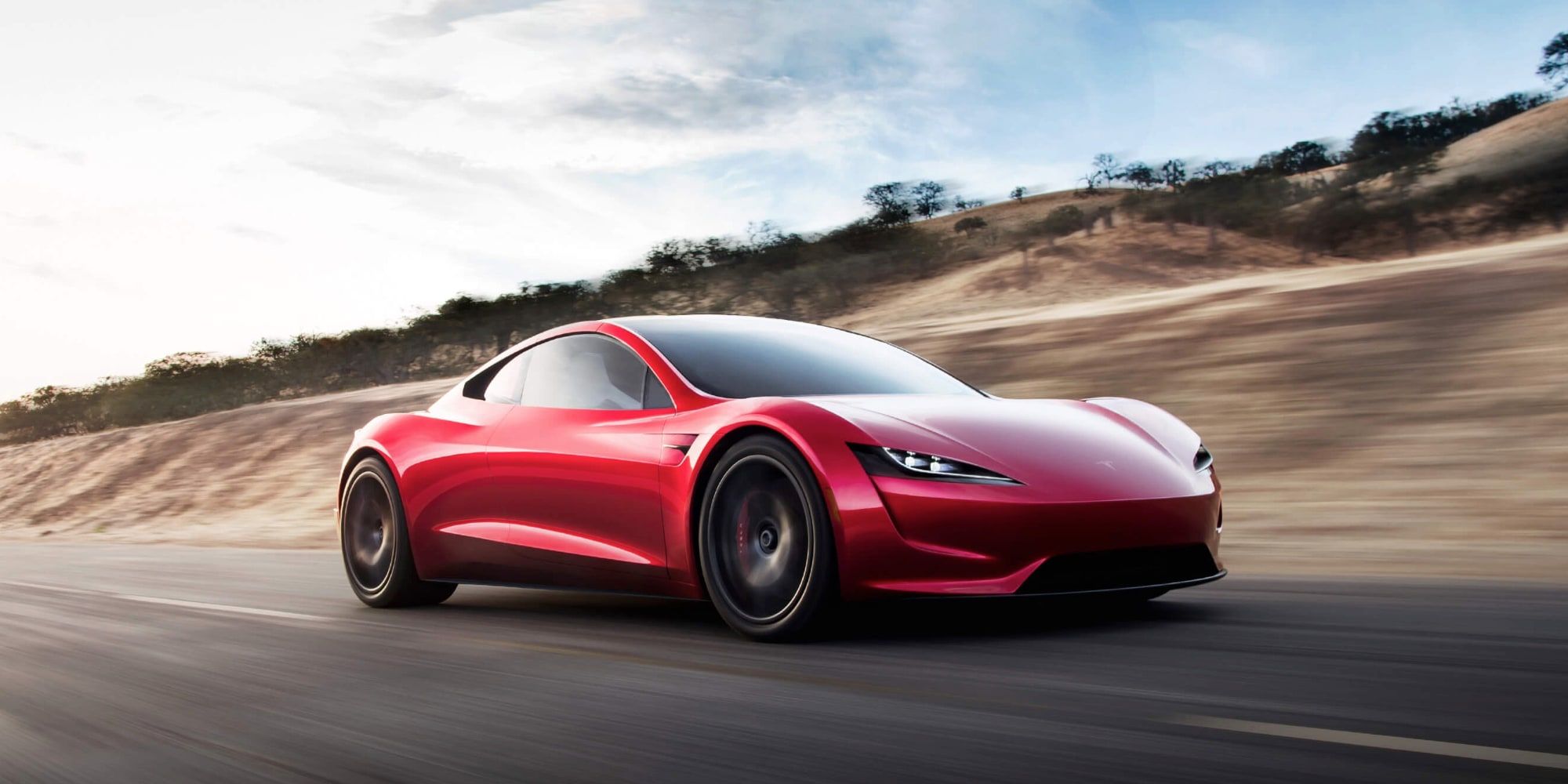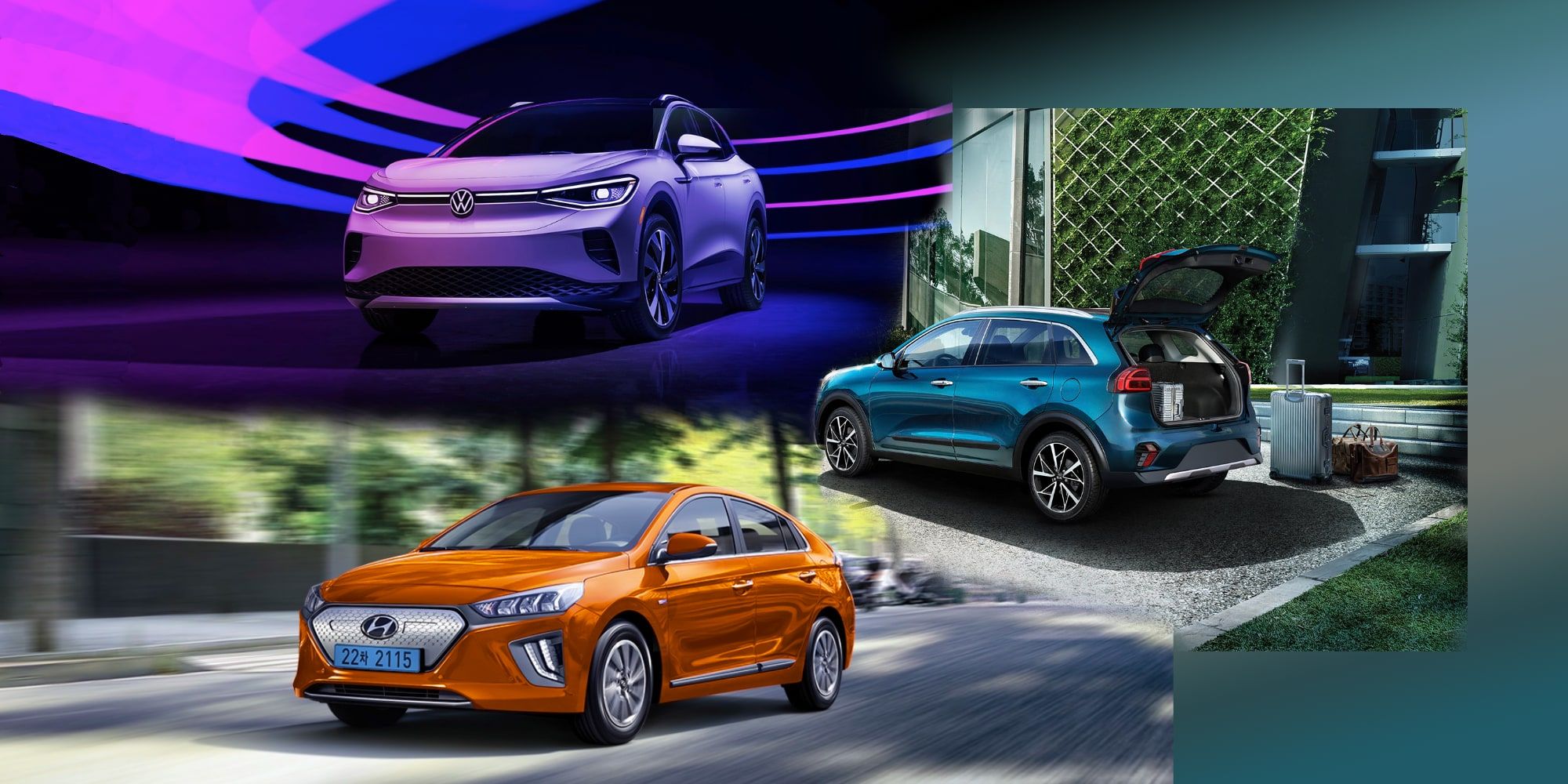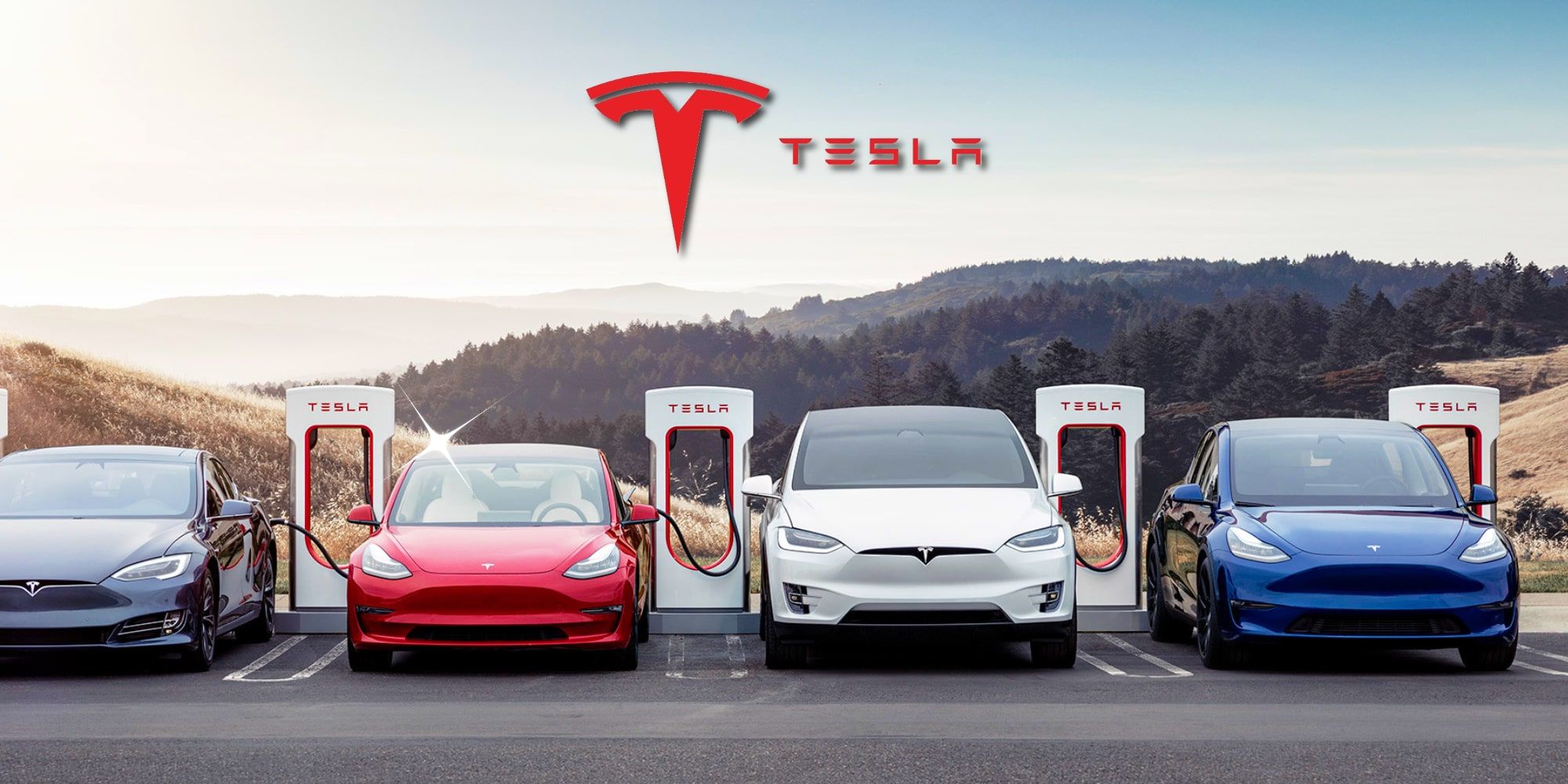
Tesla has a huge lead in the electric car market, but every other vehicle manufacturer has awoken to the fact that now is the time to act. Most, however, are lacking the capital, the infrastructure and the research to have a big impact. Tesla has already established itself with an excellent vehicle in multiple categories and that makes it difficult to beat, standing out as a leader in technology, not settling for what is easy, but dreaming big and reaching far. The appeal of an underdog that succeeds against the odds is already making Tesla legendary and challenging the company at this late date may involve chipping away at pricing rather than attempting to overwhelm it with superior technology.
Tesla started with its Roadster, the sports car that changed the electric car conversation. This might have been a glorified golf cart, but it was something that pushed the limits of performance, trading blows with the fastest cars ever made. Next came the Model S, a luxury sedan that hid a sports car inside. This is the car with ‘Ludicrous’ mode that resulted in so many viral videos of people in awe of the crazy acceleration. The Model X brought an SUV to the line-up. Of course, it is fully electric, and faster than an SUV really should be. These all were leading up to the budget Model 3 that brought a Tesla car in reach of many more consumers. The Model Y is the latest addition, this time a crossover that fills out its selection nicely. A new Roadster is coming this year and the Cybertruck is still in development, making trucks, vans and small cars the only areas lacking.
Clearly, the US automotive industry was asleep while all of this was happening. Most of the activity that sought to challenge Tesla first came from start-ups like Nikola, Lucid and Rivian. To date, there have been prototypes and plenty of investment opportunities, but none of these proposed vehicles have gone into production. While the potential may be there, so far no real challenge has been presented to Tesla. It is very easy to forecast technology that will shock and amaze competitors, but much more difficult to deliver it. However, putting the focus on electric vehicles (EVs) that can be purchased now, and that are certain to be sold this year, there is some real competition beginning to appear. Hyundai made big strides toward the future with its Ionic brand and its subsidiary Kia, who has also launched an electric crossover, the Niro EV, that placed third in JD Power’s EV Ownership Study for overall customer satisfaction, behind the Tesla Model S and Model 3. Hyundai and Kia are pushing into the EV market aggressively with many more to come over the next few years.

Hyundai and Kia are already selling well with crossover and SUV EVs. The connected companies are making joint use of a modular E-GMP platform that can fully charge in eighteen minutes. The same platform will be used by multiple vehicles, which will help accelerate the production pace allowing the two to release over twenty new battery-powered vehicles in the next five years. The powerful duo will almost certainly challenge Tesla’s dominance in the future. Volkswagen is using a similar tactic with its MEB platform, standardizing the powertrain so vehicle production is simply a matter of variation. Its ID.3 hatchback has proven popular and the ID.4 crossover builds on that momentum. Volkswagen has the ability to produce eleven million gas and diesel cars annually, so it can handle a great volume. It's just ramping up this new production, but is aiming to produce 1.5 million EVs by 2023. Volkswagen could also be a real threat to Tesla in the future.
China has the biggest share of EVs in the world, simply by virtue of a very large population. While China doesn’t typically export vehicles to the U.S., there is a real possibility of a partnership with another manufacturer that would see a China-made EV enter the U.S. and upset the status quo even further than it already is. This is purely speculation, but clearly, there is a large capacity and the market has been developing in China for just as long as it has in the rest of the world with the uptake of smaller battery-powered city cars taking an early lead. More sedans and utility EVs have appeared over the years and many feel that the relatively new Nio, which was founded in 2014, might be China’s equivalent to Tesla in a few more years.

Of course, Tesla has plans to capture the global market and began producing its Model 3 in China in 2019. Clearly, the race is on now. Traditional U.S. manufacturers are talking about EVs, but are still only scratching the surface. Following on the popular Chevy Bolt, General Motors, is still just easing forward. The only EV scheduled for 2021 is a refreshed Bolt, though several are planned by 2023. In an EV market that is prone to exaggeration, future plans should be discounted. The top three that are most likely to challenge Tesla seem to be Hyundai, Kia and Volkswagen. The nature of this competition will likely have more to do with price and availability than desirability.
Tesla has established itself as the brand to beat for the foreseeable future. Naturally, this could be upset by unexpected innovation in battery technology. Many companies are working on advanced lithium blends and even solid-state batteries, but moving from progress to production can be exceedingly difficult. Tesla has an edge in software, which allows among the best driver-assist feature sets on the market and is on the way to autonomous driving. In addition, its charging network is well established and growing rapidly. Whether Tesla will ever be caught, after such sluggish adoption of new technology by traditional manufacturers, is questionable. For the next few years, Tesla will continue to lead, while the rest of the industry tries to catch up or innovate some game-changing technology.
Source: JD Power
from ScreenRant - Feed https://ift.tt/2KYIVYW

0 Comments